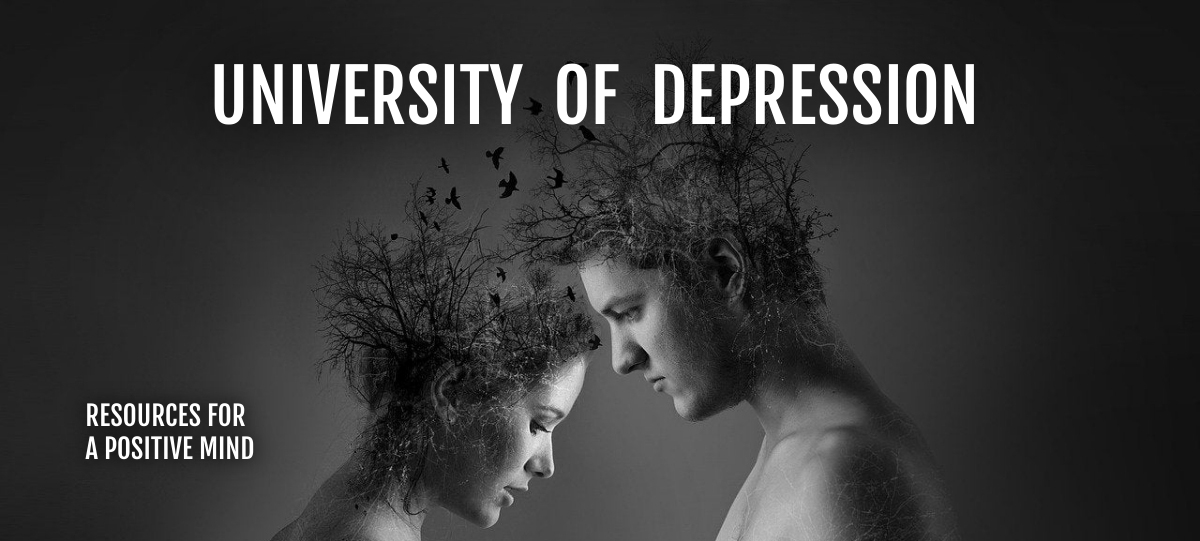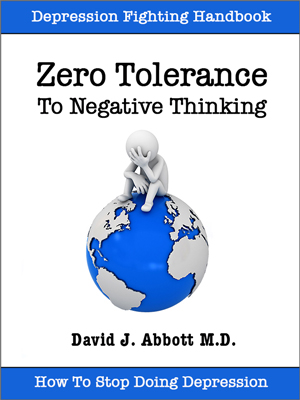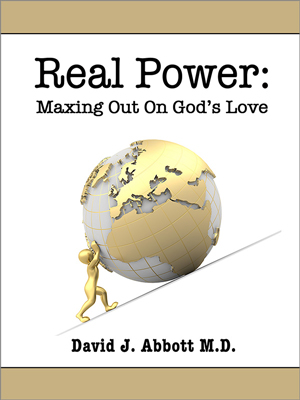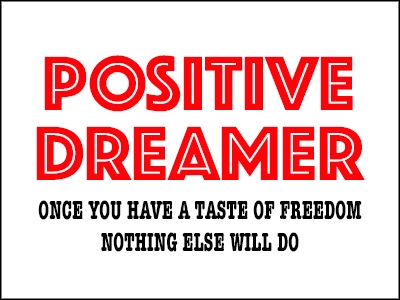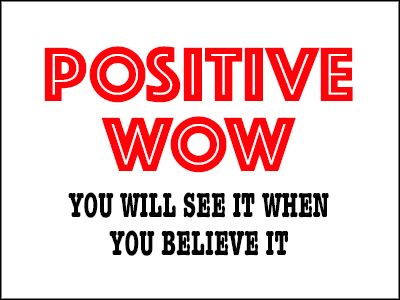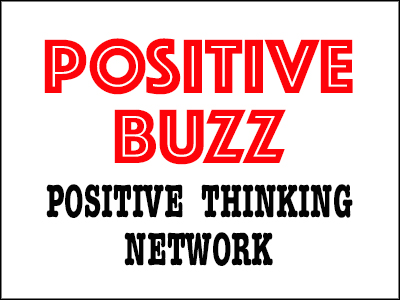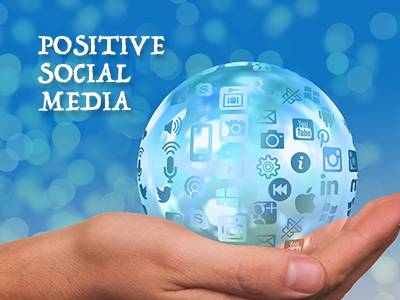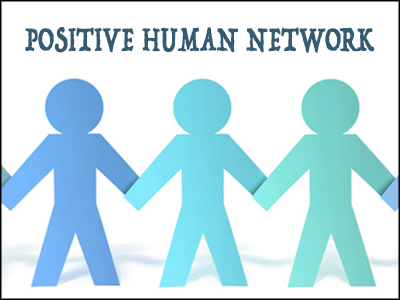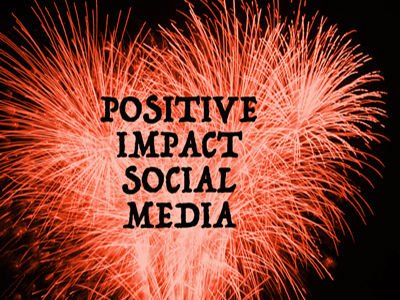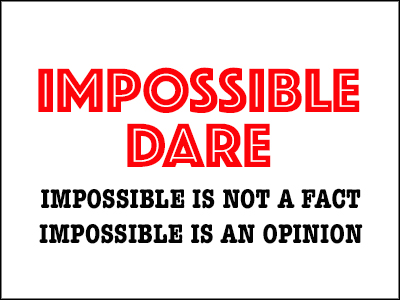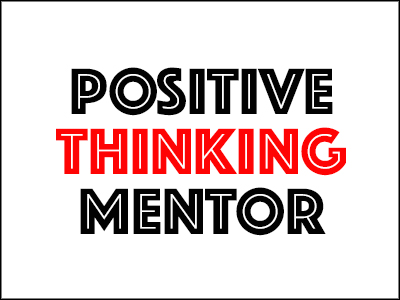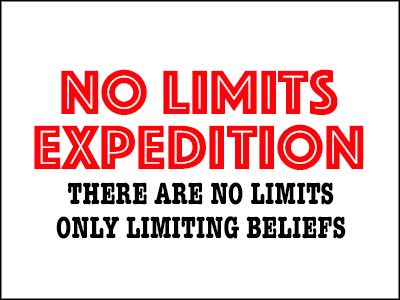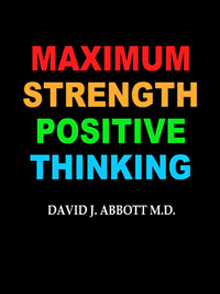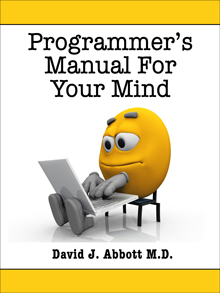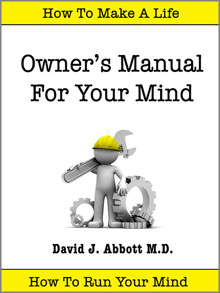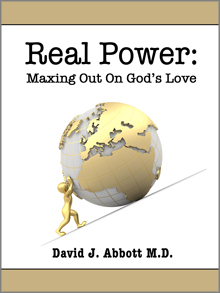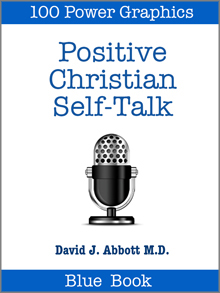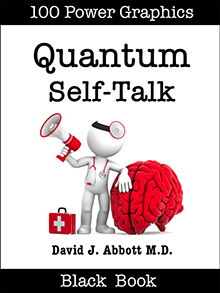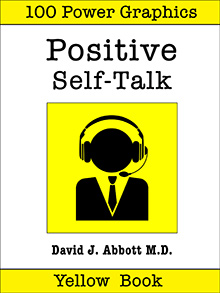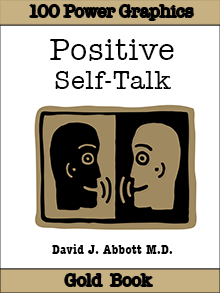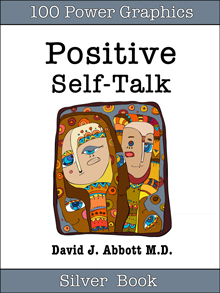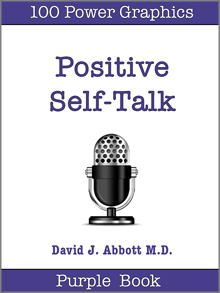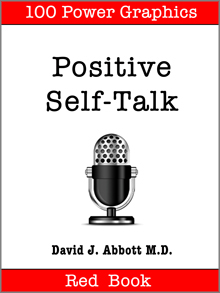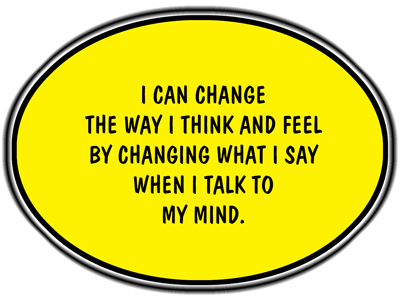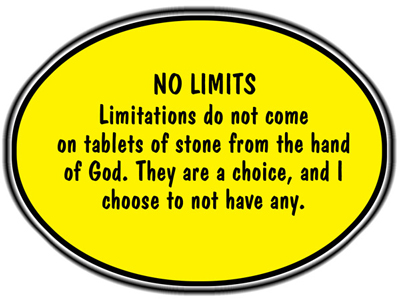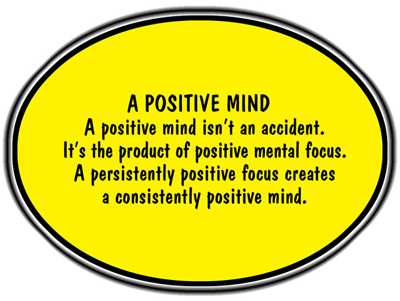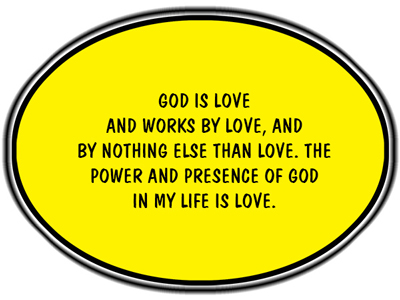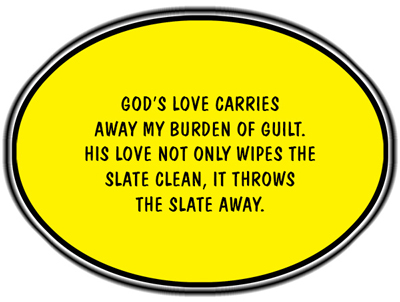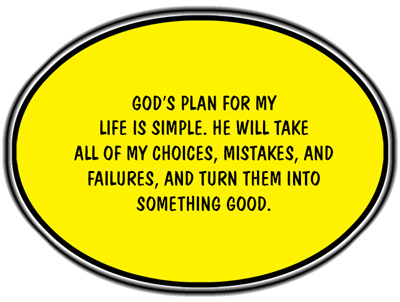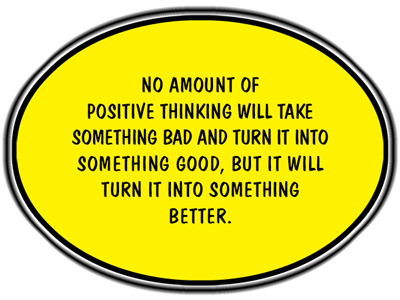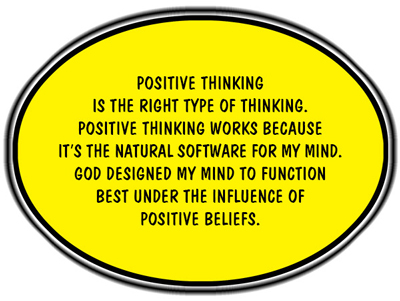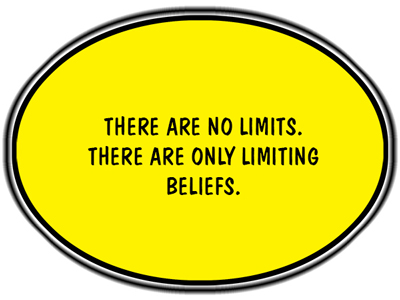Lonely But Not Alone
Depression is a lonely disease. It's not the sort of thing that you sit around and discuss with your friends. When you are depressed, you probably don't believe that you have any friends.
Even if you did discuss it with family and friends, unless they suffer from depression, they would not understand. They cannot hear the dark negative internal voice that is beating you down. Everyone knows what it means to feel sad from time to time. But if they have not heard depression shout in their own mind, they don't know how it feels to live in the dark world of depression.
Although depression is a lonely disease, it's important to realize that you are not alone. Millions of othe people face the same challenges, and most of them get better with treatment.
The CDC reports that about one out of ten individuals is depressed in the United States. In a country of three hundred million people, that is thirty million people who suffer from depression.
Unfortunately, these figures don't really tell the story. The incidence of clinical depression is much higher in the following groups:
Persons 45-64 years of age
Hispanics, Native Americans, and people of mixed race
People with less than a high school education
Previously married individuals
People unable to work
Unemployed people
People without health insurance
These are the people that I treat every day in my work as a physician. It is no wonder that on some days, half of my patients have a diagnosis of depression when I look at their history in the electronic health record. There truly is an epidemic of depression in the USA.
I believe that the official statistics from the CDC understate the problem. There are literally millions of people with depression who self-medicate with alcohol and illegal drugs. These people fall through the statistical cracks and never get counted.
People who suffer from depression may feel lonely, but they clearly are not alone.
The University of Depression has resources that help you win the battle for a positive mind.
Everyone with depression needs to be evaluated by a qualified professional who can advise them about the best way to treat their depression. After they have a professional evaluation, they can use material from the University of Depression if their doctor says it's safe.
The University of Depression has links to dozens of resources including:
Positive Thinking Network with hundreds of positive websites
Positive Thinking Podcasts
Positive Thinking Radio
Post Traumatic Stress Disorder
Positive Scriptures
Positive Self-Talk
Psychology Of Depression
These are just a few of the resources available to you.
It's possible to win the battle for a positive mind, but you are going to have to develop a positive focus to make it happen. The war for a positive mind is fought on the battlefield of focus. A persistently positive focus creates a consistently positive mind.
If you want to learn more about how to stop doing depression, read Zero Tolerance to Negative Thinking. And if you want to learn how positive spirituality can help you develop a healthy heart and mind, read Real Power: Maxing Out on God's Love.
If you want to have a mind free from depression, nobody can stop you.
